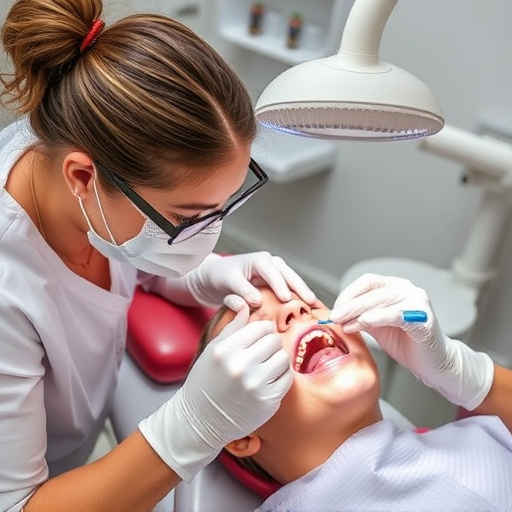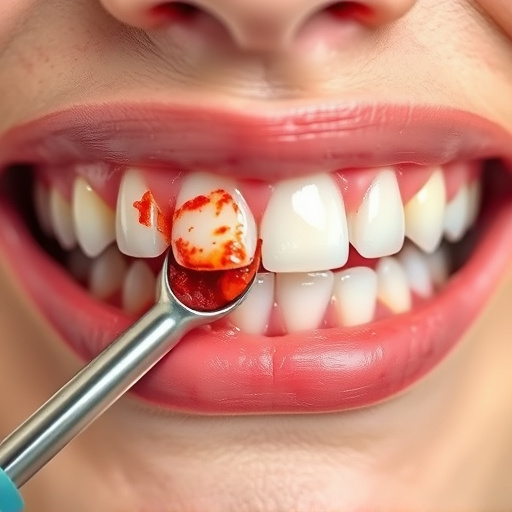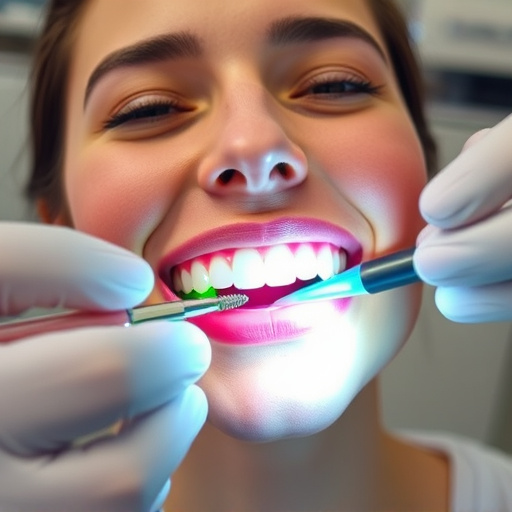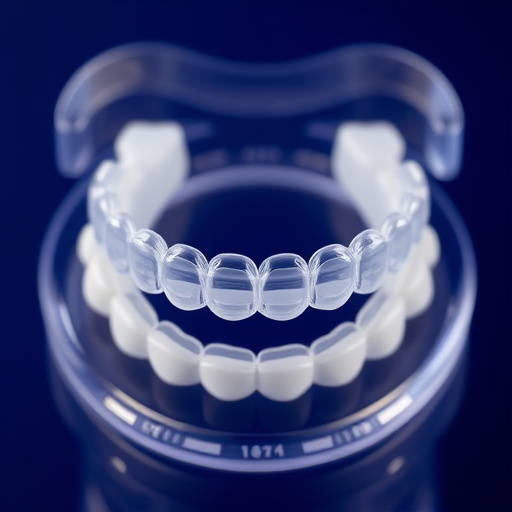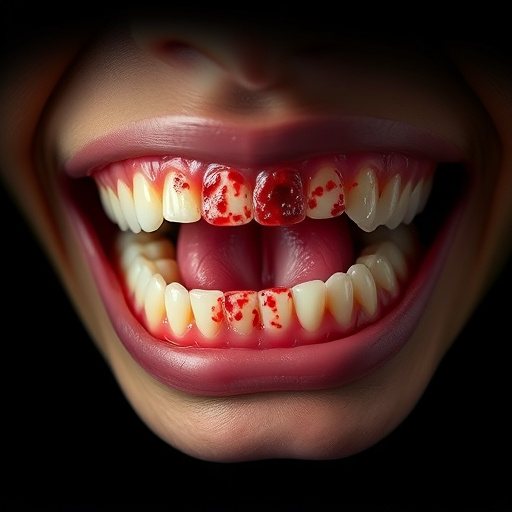Snoring, a common sleep disorder caused by relaxed throat muscles blocking air flow, leads to various health issues like OSA, high blood pressure, and cognitive impairment. Untreated snoring disrupts sleep quality and poses risks. Effective snoring treatment options include oral appliances, lifestyle changes (exercise, diet), dental care (mouthguards, implants), CPAP machines, and medical interventions addressing structural issues. Regular dental check-ups are crucial for comprehensive snoring management.
Snoring, a common yet disruptive sleep disorder, affects millions globally. Beyond mere annoyance, it signals potential health risks, including heart disease, stroke, and cognitive impairment. This article explores comprehensive snoring treatment options that promote healthy breathing. From understanding the causes and impacts of snoring to lifestyle changes and non-medical treatments, we delve into effective medical interventions and devices for lasting relief. Discover how these snoring treatment options can transform your sleep quality and overall well-being.
- Understanding Snoring: Causes and Impacts on Health
- Lifestyle Changes and Non-Medical Treatments for Snoring
- Medical Interventions and Devices for Effective Snoring Management
Understanding Snoring: Causes and Impacts on Health
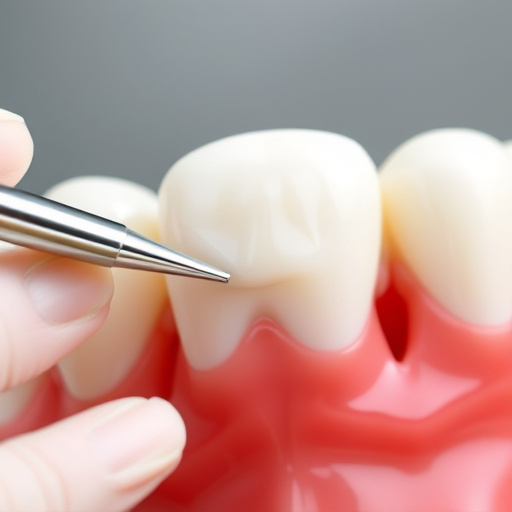
Snoring is a common sleep disorder that can have significant impacts on overall health and well-being. Understanding its causes is essential when exploring snoring treatment options. The condition arises from the relaxation of muscles in the throat during sleep, leading to the partial blockage of the upper airway. This results in turbulent airflow, creating the distinctive snoring sound. Over time, frequent snoring can contribute to various health issues, including obstructive sleep apnea (OSA), high blood pressure, cardiovascular disease, cognitive impairment, and increased risk of accidents due to fatigue.
While it may be a nuisance for partners and family members, addressing snoring goes beyond social considerations. Untreated snoring can have severe consequences, especially when it disrupts the quality of sleep. The impact on health is profound, affecting not only the snorer but also those around them. Exploring effective snoring treatment options, such as oral appliances, surgery, or lifestyle changes, can help restore healthy breathing and improve overall quality of life.
Lifestyle Changes and Non-Medical Treatments for Snoring
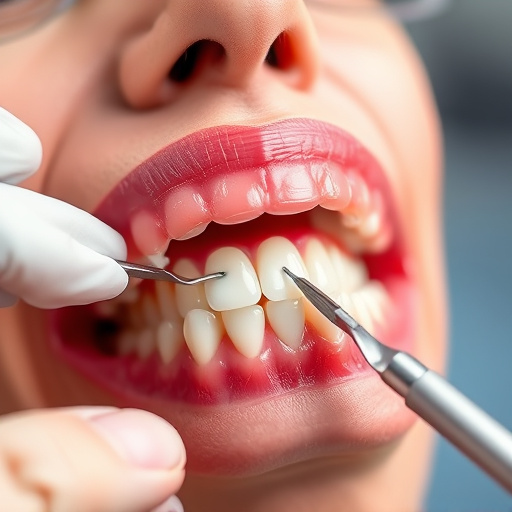
Snoring can often be addressed through lifestyle changes and non-medical treatments before considering more invasive procedures. One effective approach is adopting a healthier routine, including regular exercise and maintaining a balanced diet. Losing weight, if applicable, can significantly reduce snoring frequency as excess fat around the neck can restrict breathing. Additionally, avoiding stimulants like alcohol and nicotine before bed can help relax the body and improve sleep quality.
Another important aspect of snoring treatment options is comprehensive dental care. Dental devices, such as mouthguards or splints, are custom-fitted to ensure a comfortable night’s rest while keeping the airway open. For those considering more advanced solutions, clear aligners offer a discreet alternative to traditional braces, providing gentle pressure to adjust facial structures over time. Even dental implants can play a role in improving breathing by aligning the jaw and supporting overall oral health, indirectly contributing to better sleep quality.
Medical Interventions and Devices for Effective Snoring Management
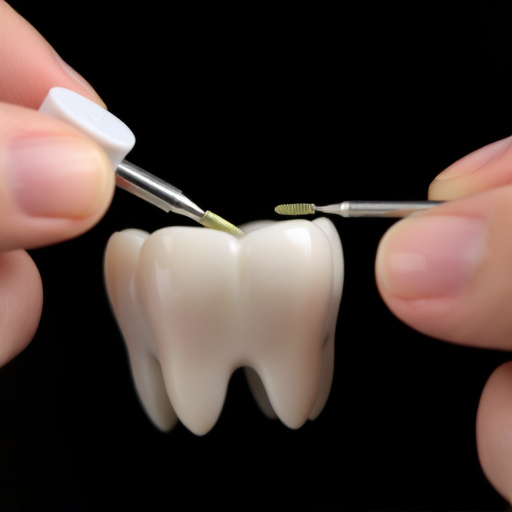
For many individuals dealing with chronic snoring, medical interventions and devices can offer effective solutions for improving breathing and overall sleep quality. One common approach involves the use of continuous positive airway pressure (CPAP) machines. These devices provide a gentle flow of air through a mask, keeping the airways open throughout the night. CPAP therapy is highly recommended by healthcare professionals as it significantly reduces snoring and enhances respiratory health.
Additionally, there are various dental interventions and devices available to address snoring at its source. Dental fillings or mouth guards tailored for snoring can help reposition the jaw and support the soft palate, preventing obstructed airways. Such solutions are particularly useful for those experiencing snoring due to structural issues in their oral cavity. Preventive dentistry also plays a role, as regular check-ups with a family dentistry practice can identify underlying dental problems that may contribute to snoring, allowing for timely treatment.
Snoring can significantly impact quality of life, but there are a multitude of effective snoring treatment options available. By understanding the causes and health impacts of snoring, individuals can make informed decisions about lifestyle changes and non-medical treatments. If these measures prove insufficient, medical interventions and devices offer robust solutions for managing snoring effectively. Exploring these diverse snoring treatment options is crucial for promoting healthy breathing and enhancing overall well-being.




